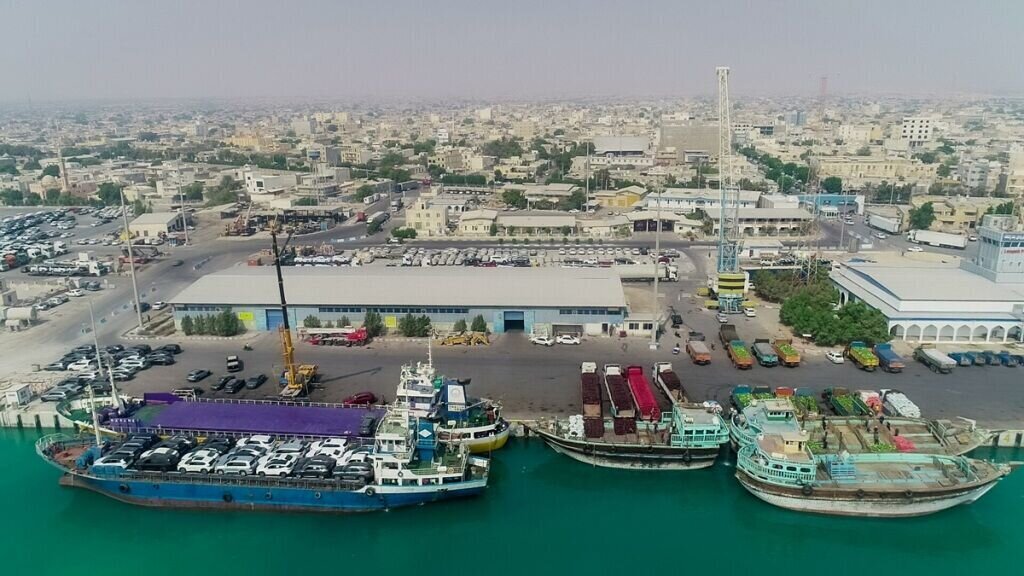‘Maritime-based economy plan has a deep developmental vision’

TEHRAN- The former head of Iran’s Ports and Maritime Organization (PMO) said the comprehensive plan of maritime-based economy has a deep developmental vision and is intended to be the basis for all future decisions.
Ali Akbar Safaei also noted: “The realization of a maritime economy does not require waiting; we have the expertise, experience, and sufficient capital to take action.”
On October 29, the representative of the president for coordinating maritime-based development policies said the government has completed and approved a comprehensive plan for sea-based development consisting of 56 articles, aimed at strengthening the participation of the public and private sectors alongside the government.
Ali Abdolalizadeh told IRIB that following six months of expert work and numerous coordination meetings, the plan has been approved by the Secretariat’s Coordination Working Group for maritime-Based Development.
It is now ready to be submitted to the Sea-Based Development Coordination Council and subsequently to the Cabinet for final approval, he said.
He noted that the new plan revises the version drafted during the 13th administration, which contained 44 articles. The updated version adds 12 new articles and revises 35 others, leaving only nine articles unchanged.
Abdolalizadeh emphasized that the new framework envisions a greater role for citizens and civil organizations in maritime development efforts.
In addition to state bodies, it formally includes non-governmental organizations (NGOs), as well as private and public joint-stock companies, to participate in achieving maritime-based economic goals.
Iranian deputy oil minister for engineering, research, and technology has stressed that maritime-based economy is a national mission.
Speaking at a specialized meeting on the IMO's carbon emission reduction requirements, Omid Shakeri announced the new requirements set by the International Maritime Organization (IMO) to reduce carbon emissions in the shipping sector, stating: "The policies for developing a maritime-based economy, which were issued by the Leader in November 2023, have opened new horizons for the oil industry, maritime transportation, and modern technologies."
He noted that these regulations could be both a threat and an opportunity, emphasizing, "If we aim to expand international trade, maritime transportation in compliance with global standards is inevitable. We believe that through timely action and reliance on engineering and research capabilities, we can turn this threat into an opportunity."
Iran’s Ports and Maritime Organization (PMO), in a report, has underlined the importance of the country’s maritime capacities and the role that the sector can play in developing the country’s economy.
According to the report, maritime sector in Iran has very high capacity in various fields including trade, ports and shipping due to the country’s strategic location, long coastal strip in the north and south and access to open waters, and can bring economic prosperity to the country.
“About a third of the country's borders are water borders, so we cannot ignore port and shipping activities because for a country that has long water borders and access to open waters, the prosperity of shipping and maritime trade is essential. Therefore, the government should pay full attention to the strengths and weaknesses of this sector and make the best use of the current capacities with proper planning,” the report read.
Increasing the share of the maritime sector in the country’s gross domestic product (GDP) under the framework of the newly proposed maritime-oriented policy should be one of the most important concerns of the government, which can be achieved with proper planning, the PMO said.
The share of the sea in the gross domestic product in advanced coastal countries such as the European Union is 50 percent, but the figure is not significant in Iran despite having more than 5,800 kilometers of coastal strip, and this is despite the fact that there are huge capacities for the transit of goods from Central Asian countries.
MA
Leave a Comment